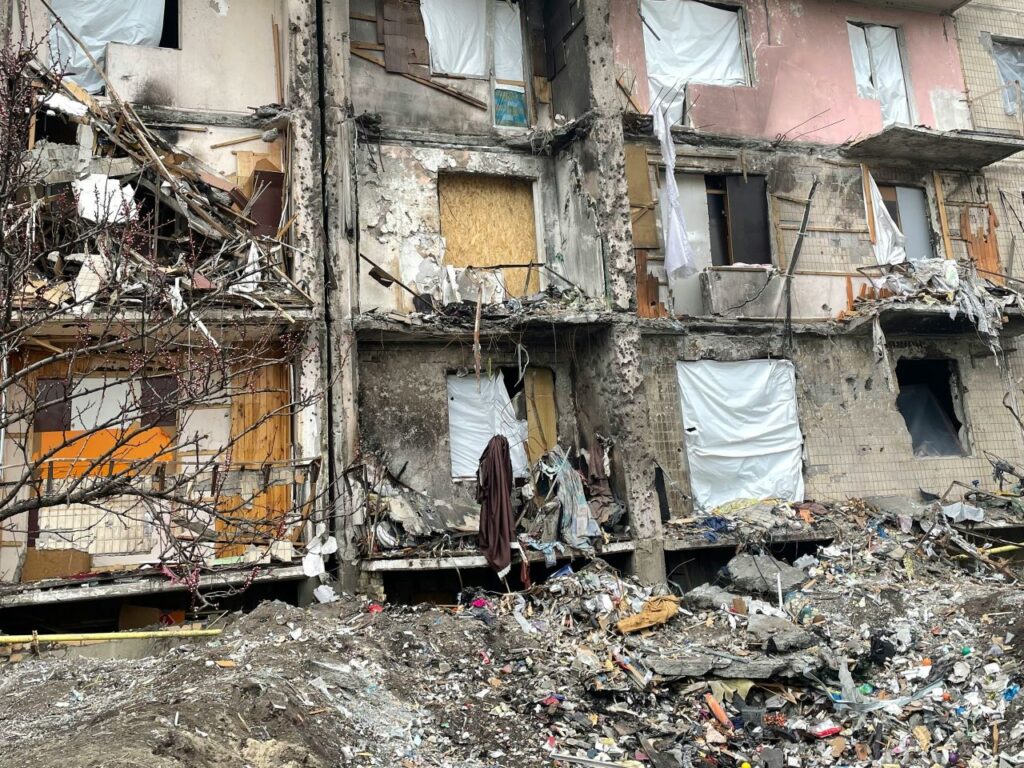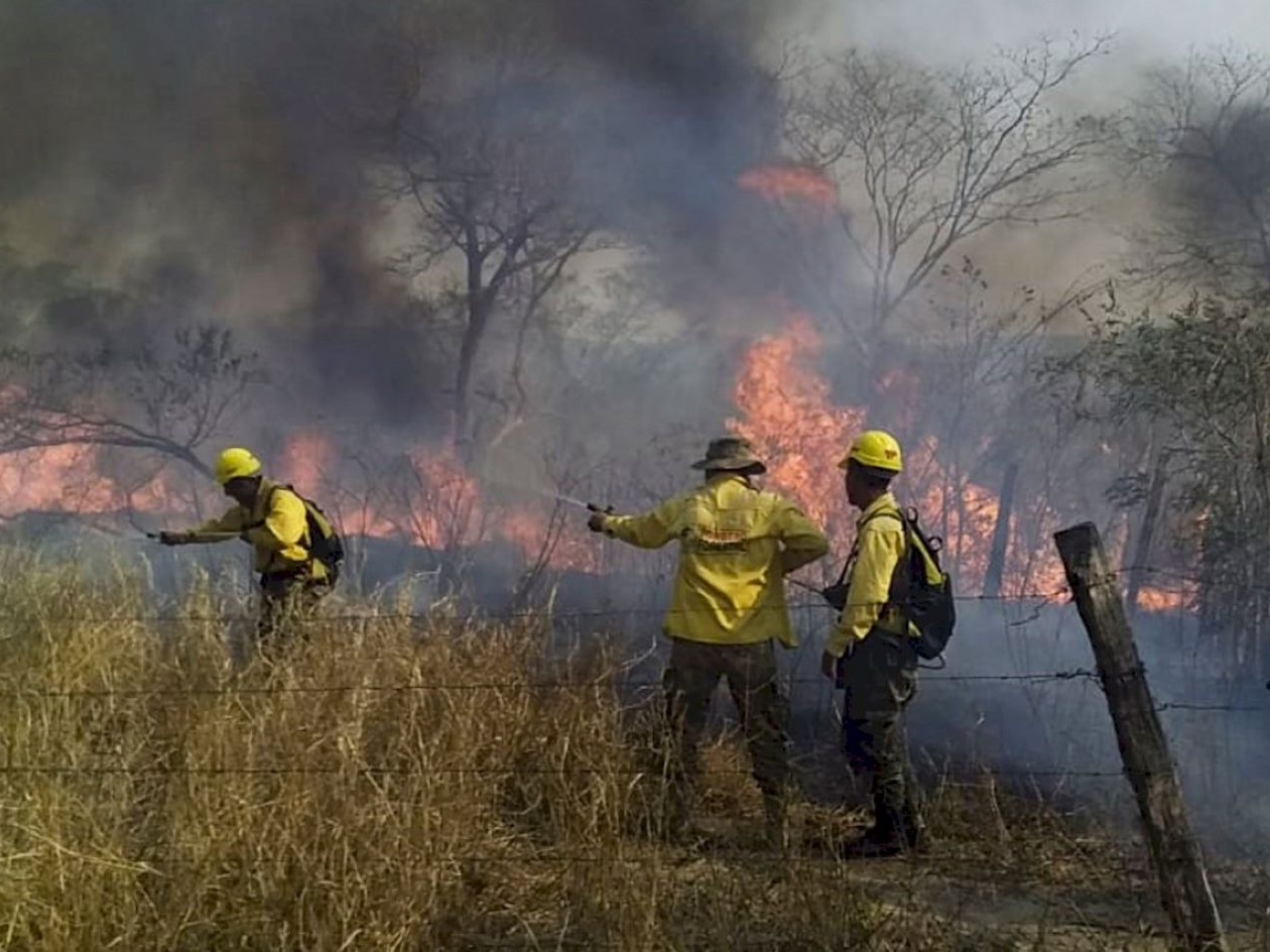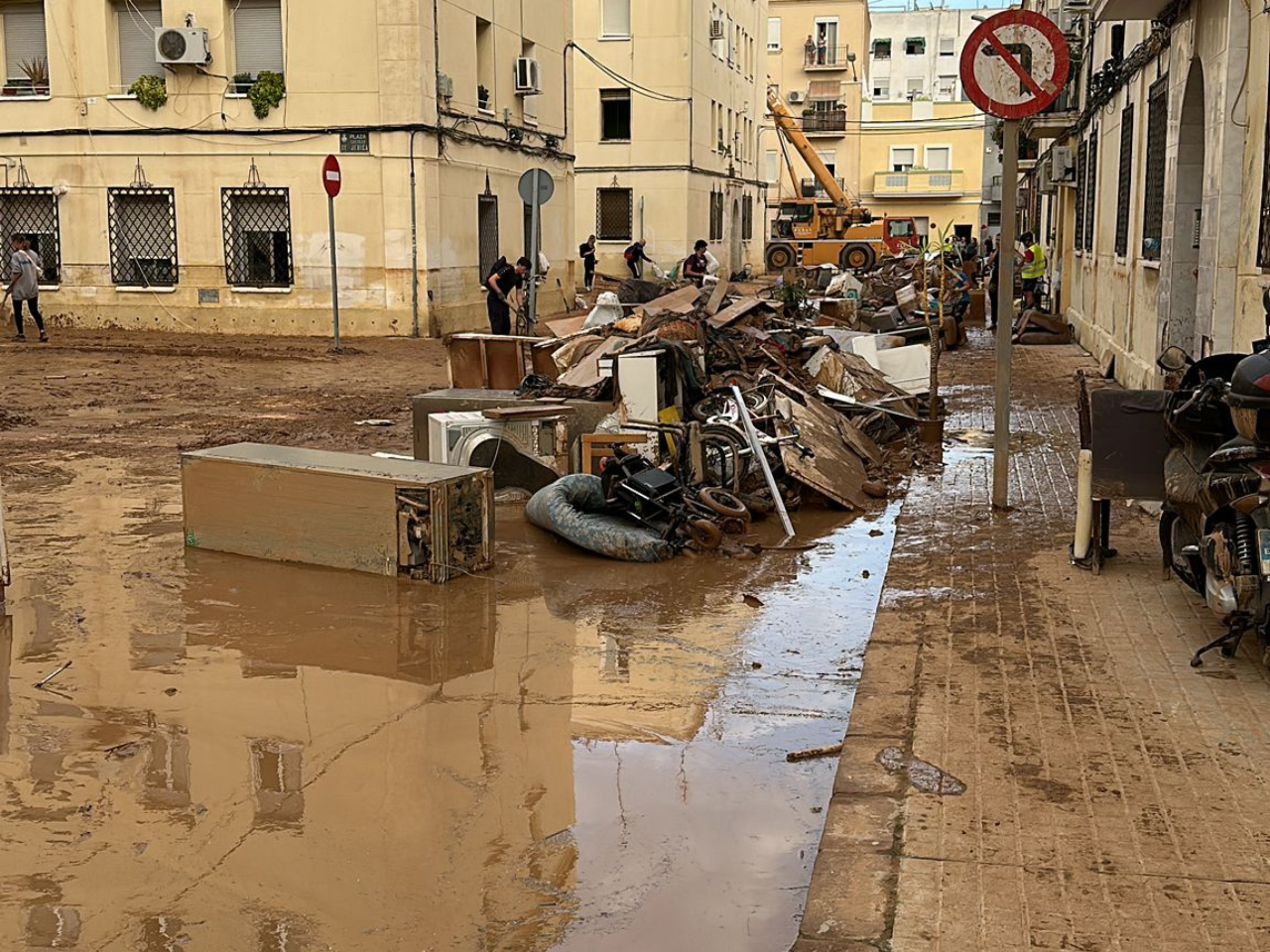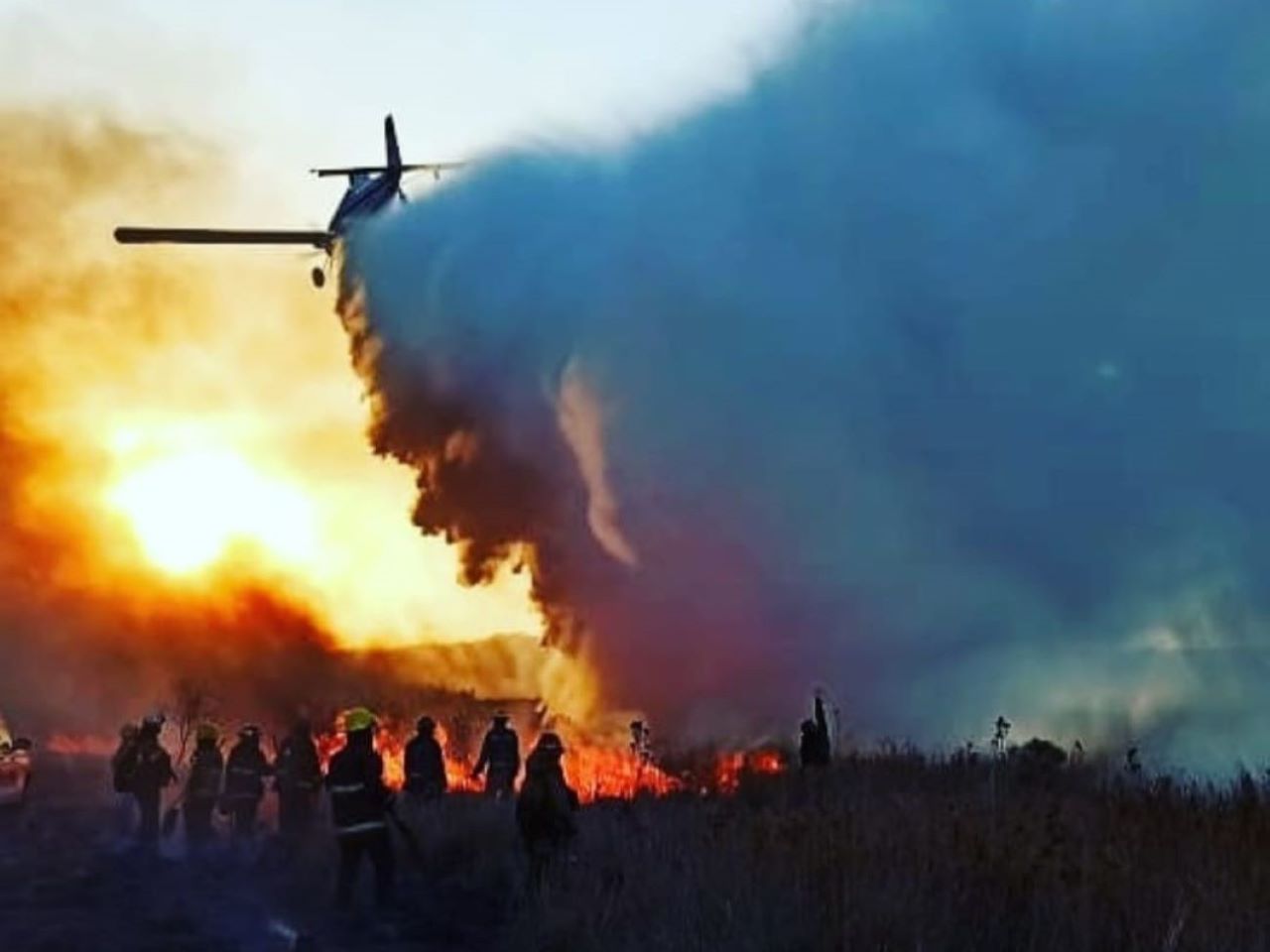An unhinged desire to destroy the earth: disturbing link between terrorism and the environment
According to the study, during the first two months of the war in Gaza, emissions surpassed the annual carbon footprints of more than 20 nations most vulnerable to climate change. In addition, military actions equated to the burning of 150,000 tons of coal. Meanwhile, rocket attacks generated approximately 713 tons of CO2 emissions, equivalent to about 300 tons of coal.
As world leaders prepare to meet in Baku, Azerbaijan for the United Nations Climate Change Conference from November 11-22, 2024, the inescapable consequences of conflict on climate change rarely gets mentioned.
In the chaos of human conflict, our planet silently suffers a devastating toll that frequently escapes attention. Wars inflict far more than loss of life and shattered communities; they ravage ecosystems, pollute air and water, and intensify the global climate crisis. As we battle one another, we deepen the destruction of nature, threatening the very Earth that sustains us.
With more than 40,000 Palestinians and about 1,200 Israelis killed, the human cost of conflict remains starkly evident. However, we must also acknowledge how the ongoing conflict fuels climate catastrophe, endangering our collective future. On July 21, 2024, the world reached a shocking new milestone, marking the hottest day ever recorded.
In the Middle East, where temperatures rise twice as fast as the global average, war adds insult to injury. We cannot afford to treat climate change and conflict as separate battles; they remain linked, each fueling the other in a destructive and degrading cycle.
Alarmingly, the U.N. Environment Programme (UNEP) revealed unprecedented soil, water, and air pollution in Gaza due to the ongoing Israel-Hamas war. The war destroyed sanitation systems, leaving behind 39 million tons of debris. Each square meter of the Gaza Strip contains over 107 kilograms (236 pounds) of debris from explosive weapons.
According to the study, during the first two months of the war in Gaza, emissions surpassed the annual carbon footprints of more than 20 nations most vulnerable to climate change. In addition, military actions equated to the burning of 150,000 tons of coal. Meanwhile, rocket attacks generated approximately 713 tons of CO2 emissions, equivalent to about 300 tons of coal.
Terrorist organizations destroy vessels in the sea, polluting the marine environment
Meanwhile, Yemen’s Iran-backed Houthis continue to target commercial shipping in the Red Sea and Gulf of Aden, somehow justifying their destruction as support for Palestine. These attacks not only jeopardize global trade but also threaten fragile ecosystems in a vital waterway. The Red Sea, renowned for its vibrant coral reefs and diverse marine species, cannot afford this blow and may be irreparably impacted for generations to come.
On August 21, 2024, in a deep state of committed insanity, the Houthis launched a targeted attack on the Sounion oil tanker, firing multiple projectiles that set the vessel ablaze. This reckless act put one million barrels of crude oil at stake, prompting urgent warnings from the United States that a spill from the tanker could be nearly four times the size of the catastrophic Exxon Valdez disaster, which devastated 2,100 kilometers of Alaskan coastline in 1989.
In a similar incident, a cargo ship laden with fertilizer sank in the Gulf of Aden following missile strikes from Houthis in February. Consequently, the oil spill stretched 29 kilometers and resulted in toxic fertilizer seeping into the waters. This ecological fallout poses a grave threat to marine life, undermines local fishing industries, and contaminates vital desalination plants.
In an era where the planet gasps for breath under the weight of a climate emergency, we must ask ourselves, “Can we afford to allow conflict to continue and ignore the environmental cost of warfare?” The environmental devastation wrought by modern warfare serves as a stark reminder of the urgent need for greater accountability and transparency in military operations.
Read more environmental stories from Orato World Media.
Massive military damage to the environment must be reported and accounted for
The Rome Statute labels intentional attacks that cause widespread, long-term, severe damage to the natural environment war crimes. Similarly, the Geneva Conventions require warring parties to avoid methods of warfare that damage natural environments. Despite these legal frameworks, the reality on the ground tells a different story.
In the heart of war-torn regions, fertile fields become barren wastelands. Vibrant ecosystems become toxic dead zones. The very air we breathe becomes laden with the remnants of destruction. Chemicals seep out of abandoned military equipment and bombed-out infrastructures, poisoning the water that further endangers food security, public health, and the fundamental structures of society.
Adding fuel to the fire, military greenhouse gas emissions play an outsized role in the climate crisis. While the world rightly focuses on reducing carbon footprints in industries and everyday life, military emissions—often hidden from public scrutiny—become a shadowy contributor to climate turmoil. These emissions contribute significantly to global warming but remain largely secret and unaccounted for in annual UN negotiations on climate action.

The climate crisis does not recognize borders or battle lines; it affects us all. As we strive to reduce global emissions, we cannot afford to ignore the elephant in the room. Militaries must be held to the same standards as other industries, with transparent reporting and regulations to curb environmental impact. International organizations and civil society must unite to enforce accountability among nations for their environmental conduct during armed conflicts.
We also urgently need a global watchdog dedicated to monitoring compliance with environmental laws and holding violators responsible. As we confront this pressing issue, let us remember the words of Chief Seattle, leader of the Duwamish and Suquamish peoples, who profoundly declared, “The earth does not belong to us; we belong to the earth.”








































































































































































































































































































































































































































































































































